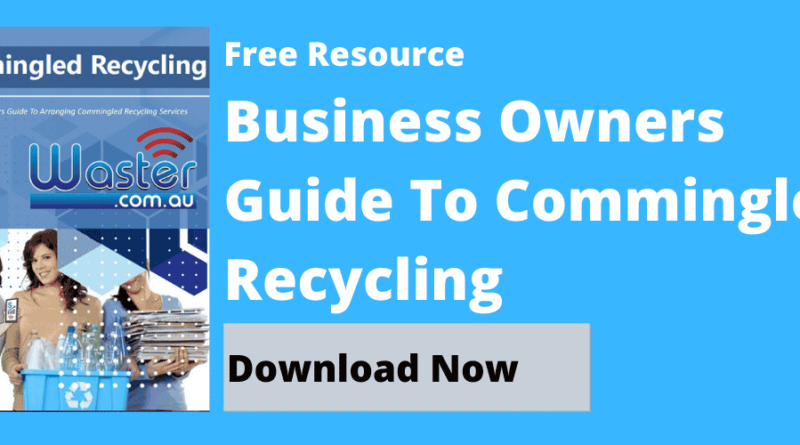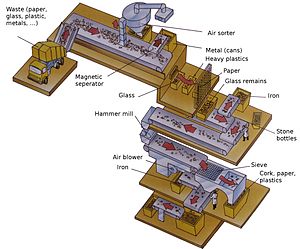The Steady Rise Of The Plastic Recycling Industry ♻️
Energy Disrupter
Rise Of The Plastic Recycling Industry ♻️: In this blog, let us explore the steady rise of the plastic recycling industry, driven by innovation, sustainability efforts and global demand for eco-friendly solutions.
It would not be too farfetched to say that plastic waste has become one of the most significant environmental challenges of the 21st century. From the millions of tonnes of plastic settling in our oceans to another million tonnes inhabiting our landfills, the global plastic waste crisis continues to threaten ecosystems and human health.
However, amidst these challenges, a growing awareness of sustainability and the urgent need for a circular economy is driving change. The plastic recycling industry, in particular, has spearheaded this transformation, steadily making progress and emerging as the next booming sector to start off 2025.
How did this come about? Well, let’s consider a number of things.
Powered by technological innovation, supportive policies and increasing consumer demand for eco-friendly solutions, this industry is shaping a future where plastic waste is no longer an end, but a new beginning.
Below, we will further expand on the points mentioned, helping you understand better the reason for the plastic recycling industry’s unprecedented growth.
>Download Now: Free PDF Business Owners Guide To Commingled Recycling Bin Services
What to know about the plastic recycling industry’s forecasted growth
The global plastic recycling industry continues to grow rapidly, fueled by technological innovations, supportive policies and increasing consumer demand for sustainable solutions.
In 2023, the market for automatic sorting solutions for plastic waste has a value of around US$15 billion (EUR 14.2 billion). This segment is expected to keep growing, with analysts predicting a 7.6% annual growth rate, potentially reaching US$40.7 billion by 2034.
This growth mirrors the expansion of the wider plastic recycling market, which was valued at US$45 billion in 2023 and is projected to grow to US$129.5 billion by 2034.
Regions like Europe and North America are leading with strong policies and investments, whilst Asia Pacific is emerging as a key growth area due to its high plastic consumption and waste generation.
For example, the Asia Pacific recycled plastic market was valued at USD 20.63 billion in 2023 and is expected to grow to around USD 53.44 billion by 2034, with a growth rate of 9.50% annually.
These trends highlight the critical role the plastic recycling industry plays in advancing sustainability and supporting the circular economy, offering innovative solutions to reduce plastic waste and improve resource efficiency.
How did the plastic recycling industry’s sudden rise come about?
As mentioned above, the industry’s sudden rise is due to three main reasons: technological innovation, supportive policies, and increasing consumer demand for eco-friendly solutions.
Advances in recycling technologies, such as automated sorting systems and chemical recycling processes, are making it possible to efficiently process and repurpose a wider range of plastic materials.
According to an article written by Recycling International, which also talks about the plastic recycling industry’s growth, automatic plastic recycling systems leverage technologies such as near-infrared sorting, robotics and self-cleaning filters to help efficiently process plastic waste.
These systems ensure accurate polymer identification and enhance the quality of recycled materials, meeting the increasing demand for eco-friendly products across industries.
Meanwhile, governments around the world are implementing stricter regulations to reduce plastic waste, incentivising businesses to adopt sustainable practices.
On the consumer side, a rising awareness of environmental issues is driving demand for products made from recycled materials, encouraging companies to invest in circular production models.
The Recycling International article also talks about the increasing adoption of advanced sorting and processing technologies, coupled with stricter regulations promoting improved recycling practices, which are key drivers for plastic recycling systems.
‘Governments and private sectors are investing heavily in recycling technologies to combat growing plastic pollution,’ the analysts note. ‘For example, the European Union introduced new packaging regulations in April 2024 to promote recycling and reduce waste. Such measures are expected to accelerate the adoption of automated recycling systems globally.’
As these factors converge, the industry aims to create a new paradigm that no longer views plastic waste as an environmental burden but as a valuable resource that we can reintegrate into the economy, reducing the need for virgin plastic and minimising environmental impact.
This shift not only promises to reduce pollution but also creates opportunities for economic growth, job creation and a cleaner, more sustainable future.
Key points
The rise of the plastic recycling industry marks a pivotal moment in our collective efforts to tackle one of the most pressing environmental challenges of our time.
With the growing awareness of sustainability and the shift towards a circular economy, the plastic recycling sector has become a beacon of hope. Technological advancements, such as automated sorting systems and chemical recycling, combined with supportive government policies, are driving this transformation.
The market for automatic sorting solutions alone reached US$15 billion in 2023, with projections indicating it will grow significantly in the coming years.
This is just one example of how innovation is enabling more efficient recycling processes, helping to mitigate the environmental impact of plastic waste. In addition, regulatory frameworks in regions like Europe and North America, along with an emerging market in Asia Pacific, are fueling the sector’s expansion.
As companies and consumers increasingly prioritise eco-friendly practices, the plastic recycling industry is positioning itself as a key player in the transition to a more sustainable world.
The demand for recycled materials is at an all-time high, with recycled plastics becoming an integral part of industries ranging from packaging to automotive.
Looking ahead, the industry’s continued growth offers immense potential not only for environmental benefits but also for economic opportunities, including job creation and new business models.
With the right investments in technology, policy, and consumer engagement, the future of plastic recycling looks bright, offering a promising path toward a cleaner, more sustainable planet.
Contacting Waster
Looking for a specific bin service? Check out our waste recycling shop and find the best deals in terms of pricing and services.
Also, please call 1300 WASTER (1300 927 837), or email us at [email protected] if you have any further questions.
















